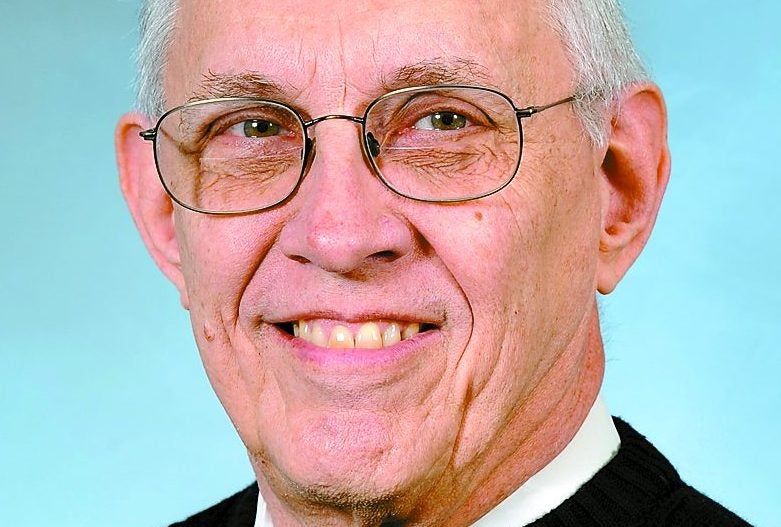Witt: Can ‘Medicare for all’ work?
Published 9:38 am Tuesday, August 27, 2019

- Chuck Witt is a retired architect and a lifelong resident of Winchester.
Can “Medicare for All” work in this country?
Well, perhaps the answer is yes and no.
First of all, let’s get rid of the term “Medicare for All”. The current Medicare system is not working for everyone. It has flaws and shortcomings so there shouldn’t be any attempt to apply it to the general population in its present form.
We should be talking about universal healthcare instead, a totally new system which, while it may take some of the good parts of Medicare as a starting point, would be a totally new and bold concept.
So, with that understanding, the partial answer is: No, “Medicare for All” will not work.
There are at least 67 countries with some form of universal healthcare, including most of the industrialized countries around the globe.
The litany of “we can’t afford it” is a hollow echo when so many other countries have found ways to make it happen without crippling their economies.
There is also the constant argument about taking away private insurance from those who like it. Why would they not also like a system which covers all the same illnesses and health problems if that system cost them no more than what they currently pay?
One thing should be perfectly clear. There is no ‘free’ health insurance. Those who have plans with private insurers pay into those plans with every paycheck. And in most cases, their employers chip in as well. If those same funds were going into a universal plan, why would it be any different if the employee were receiving the same or better coverage?
In fact, it might well be that the same amount dedicated to a universal system would go even further because huge chunks of it would not be drained off to pay private company managers the huge salaries they get.
According to Kaiser Health News, the Anthem CEO made $13.6 million in 2015. In 2014, the Blue Cross-Blue Shield CEO made $3.5 million, 40% more than the year before, and the CEO of Kaiser Permanente, in 2014, was compensated $10.4 million.
Some talk about plans which allow individuals the option of choosing either a national health plan or a private plan. Universal healthcare coverage will most likely only work with everyone in it, just as does Social Security.
Private health insurance is driven by profit, with huge sums being siphoned out of the middle to pay for those who administer the plans. Those millions of dollars could be more effectively spent paying the providers of health care.
Universal healthcare could work quite well if everyone who was working paid into it the same way they pay into their social security.
And for those who claim such a system would be too costly and a burden on the recipients, consider that those who are currently paying into health care plans are already paying for those who cannot pay for themselves, but whose care must be compensated in some manner. Healthcare plans are structured to bring in the necessary sums to cover hospital and personnel costs for those unable to pay.
The number of people and families who are yearly burdened with huge medical debt or who are even bankrupted by such debt would undoubtedly welcome some form of universal healthcare if they were included.
It’s past time to get the insurers out of the process and create a system that covers all Americans.
Chuck Witt is a retired architect and a lifelong resident of Winchester. He can be reached at chuck740@bellsouth.net.





